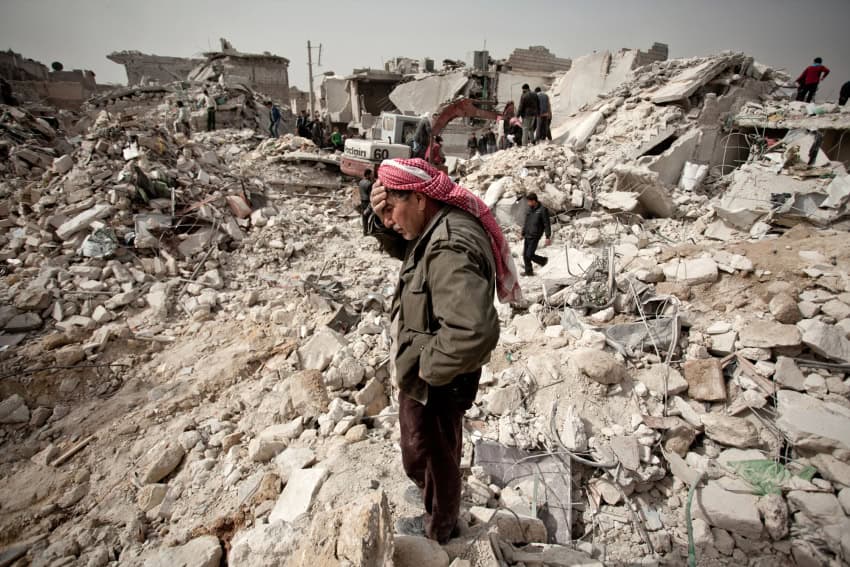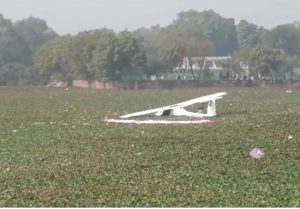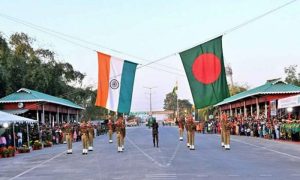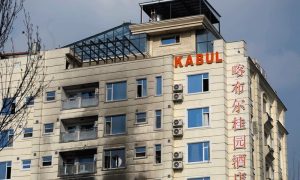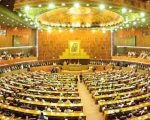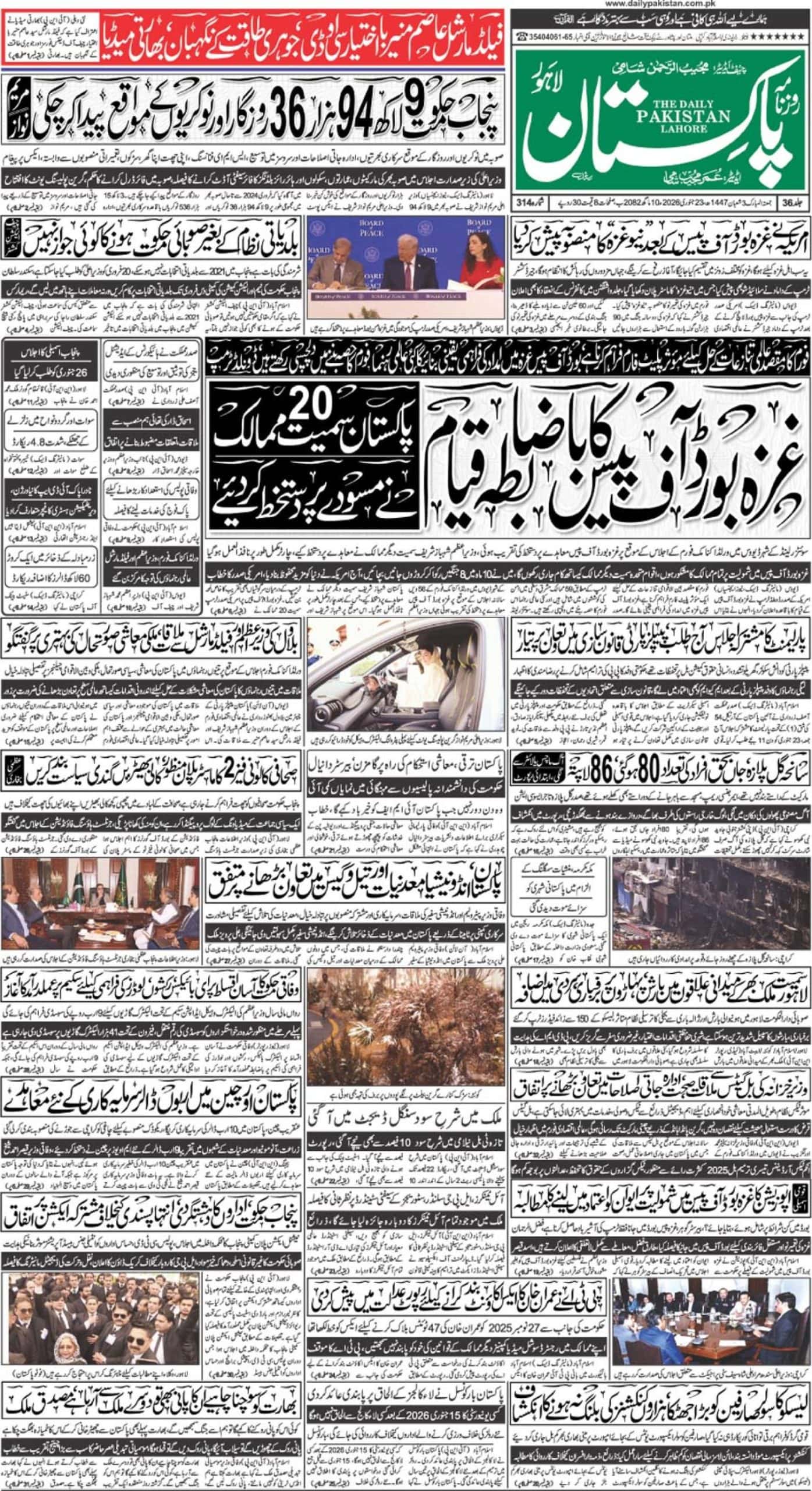WASHINGTON/ADEN (Web Desk) – The United States is expanding its intelligence-sharing with Saudi Arabia to provide more information about potential targets in the kingdom’s air campaign against Houthi militias in Yemen, US officials told Reuters.
The stepped-up assistance comes as two weeks of relentless air strikes by the Saudis and other Gulf Arab allies have largely failed to halt advances by the Iran-linked Houthi forces.
The US officials said the expanded assistance includes sensitive intelligence data that will allow the Saudis to better review the kingdom’s targets in fighting that has killed hundreds and displaced tens of thousands since March.
“We have opened up the aperture a bit wider with what we are sharing with our Saudi partners,” said one US official.
“We are helping them get a better sense of the battlefield and the state of play with the Houthi forces. We are also helping identify ‘no strike’ areas they should avoid” to minimize any civilian casualties, the official said.
Meanwhile, two planes carrying much-needed relief supplies have arrived in the Yemeni capital Sanaa.
The aircraft have brought in medical equipment and food and water supplies from the Red Cross and the UN children’s fund (Unicef).
The UN has warned that basic services are unravelling in Yemen, with widespread food and fuel shortages.
The International Committee of the Red Cross (ICRC) said its plane landed in Sanaa carrying 16 tonnes of medical aid, including drugs and surgical equipment.
Unicef’s plane has flown in the same amount of aid – bringing food supplements for 20,000 children as well as medical supplies.
“The supplies we have managed to bring in today can make the difference between life and death for children and their families,” said Unicef’s Julien Harneis.
The arrival of the flights comes after days of delays while both organisations waited for clearance from all sides in the conflict to land in Yemen.
The UN’s humanitarian co-ordinator for Yemen has called for a humanitarian “pause” in the bombardment and fighting on the ground to allow the aid to be delivered.
Johannes van der Klaauw told reporters in Geneva that the conflict has now spread to 15 of Yemen’s 22 provinces.
He described the situation in Aden in particular as “catastrophic”, a descent into urban warfare, with control of the air and seaports shifting daily between rival groups.
A million people in the city risk being cut off from access to clean water within a matter of days unless additional fuel is brought in, he said.
The World Health Organisation (WHO) says almost 650 people have been killed and more than 2,200 have been injured since 19 March, but Mr van der Klaauw said the actual number of casualties is likely to be far higher because many are not being brought to hospital or are being buried immediately.
US ally Saudi Arabia is concerned that the violence could spill over the border it shares with Yemen, and is also worried about the influence of Iran, which has denied Saudi allegations it has provided direct military support to the Houthis.
Saudi concerns of growing Iranian influence have also been heightened by nuclear talks between Tehran and world powers that could result in a deal by June 30 removing punishing sanctions on the country.
A senior US diplomat said earlier this week that Washington was speeding up arms supplies and bolstering intelligence sharing with the Saudi-led alliance. The Pentagon has said it is beginning aerial refueling of Arab coalition jets – although outside Yemeni airspace.
Until recent days, US intelligence support was limited to examining Saudi targeting information to try to affirm its accuracy, US and Saudi officials said.
The US role has now expanded in size and scope, involving more detailed “vetting” of targeting information prepared by the Saudis, with a particular interest in helping the Saudis to avoid civilian casualties, according to the US officials.
The White House and Pentagon would not comment specifically when asked about expanded intelligence-sharing.
“The United States is providing our partners with necessary and timely intelligence to defend Saudi Arabia and respond to other efforts to support the legitimate government of Yemen,” said Alistair Baskey, a White House spokesman.
The United States has sent a 20-member military coordination team to interact with the Gulf allies, led by Marine Major General Carl Mundy. Assigning a two-star general will facilitate interactions with other high-ranking officials from other nations, US officials said.
The United States this week started daily air-to-air refueling flights of fighter jets from Saudi Arabia and the United Arab Emirates.
But even with its refueling flights, the United States is exhibiting caution – carrying out the flights outside Yemeni airspace and requesting financial reimbursement from allies.
It is still unclear how the United States plans to accelerate the delivery of bombs and guidance kits to its allies.
One person familiar with the matter, speaking on condition of anonymity, said the United States might accelerate shipments to the United Arab Emirates, which could then also help resupply Saudi Arabia.
Saudi Arabia also asked Pakistan last month to contribute ships, aircraft and troops to the campaign to restore Mr Hadi to power.
But after days of debate, Pakistan’s parliament voted to “maintain neutrality in the Yemen conflict so as to be able to play a proactive diplomatic role to end the crisis”.
Analysts say Pakistan, which has a Sunni majority but also a sizeable Shia minority, fears being caught between the two if it sends troops to Yemen.

